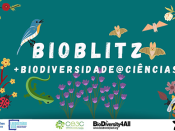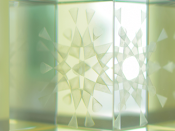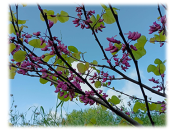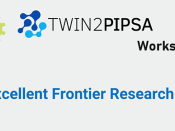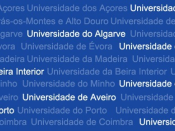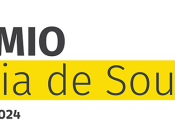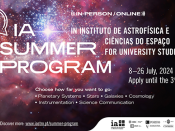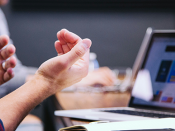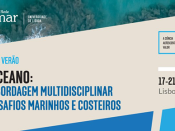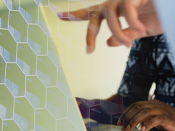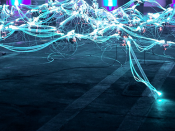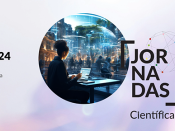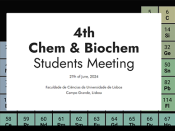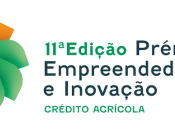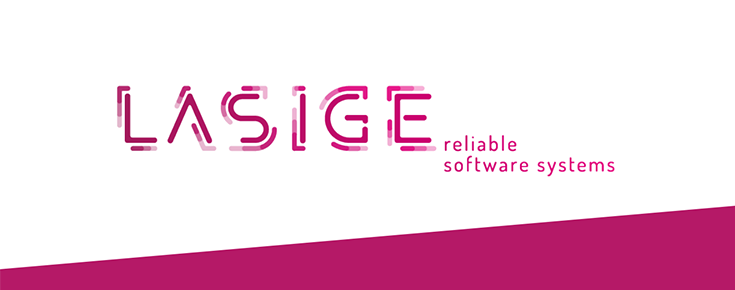
Um conversa com Paulo Esteves-Veríssimo (KAUST, CEMSE, RC3).
Computing and communications infrastructures have become commodities that transact huge quantities of data and are pervasively interconnected, inside countries and world-wide. Modern societies largely depend on them. However, there is a mismatch between the protection effectiveness of current industry practice - classic dependability or cybersecurity technologies - and the power of today’s threats - such as targeted attacks or advanced persistent threats.
Solving the impending risk is thus a grand challenge, which deserves grand solutions. In this talk, I will discuss the foundations of Resilient Computing, drawing from the fusion between dependability and security, understanding the need to automatically and simultaneously fight against cyber-attacks, accidental faults, design errors, and unexpected operating conditions. The ultimate goal of resilience is providing protection in an incremental, dynamic, and adaptive way, seeking unattended and sustainable operation even in the presence of extremely adverse and/or unexpected situations.
The power of the paradigm is illustrated by examples from several areas where my lab has achieved successful solutions: SDN, autonomous vehicles, digital health, and blockchain. Time permitting, I will discuss some ideas about the interplay of artificial intelligence and cybersecurity, under the light of resilient computing.
Short bio: Paulo Esteves-Veríssimo is a professor at KAUST University (KSA) and Director of its Resilient Computing and Cybersecurity Center (https://rc3.kaust.edu.sa/), and research fellow of SnT at the Univ. of Luxembourg (UNILU). Previously, he has been a professor and FNR PEARL Chair at UNILU and Head of the CritiX lab (https://wwwen.uni.lu/snt/research/critix). He was a member of the Sci&Tech. Comm. of ECSO EU Cyber Security Org., Chair of IFIP WG 10.4 on Dependable Comp. and F/T, and vice-Chair of the Steer. Comm. of the DSN conference. He is Fellow of IEEE and of ACM, and associate editor of the IEEE TETC journal, author of over 200 peer-refereed publications and co-author of 5 books. He is currently interested in resilient computing, in areas like: SDN-based infrastructures; autonomous vehicles; distributed control systems; digital health and genomics; or blockchain and cryptocurrencies.
Find his works on GSC.
Transmissão em direto via Zoom.





